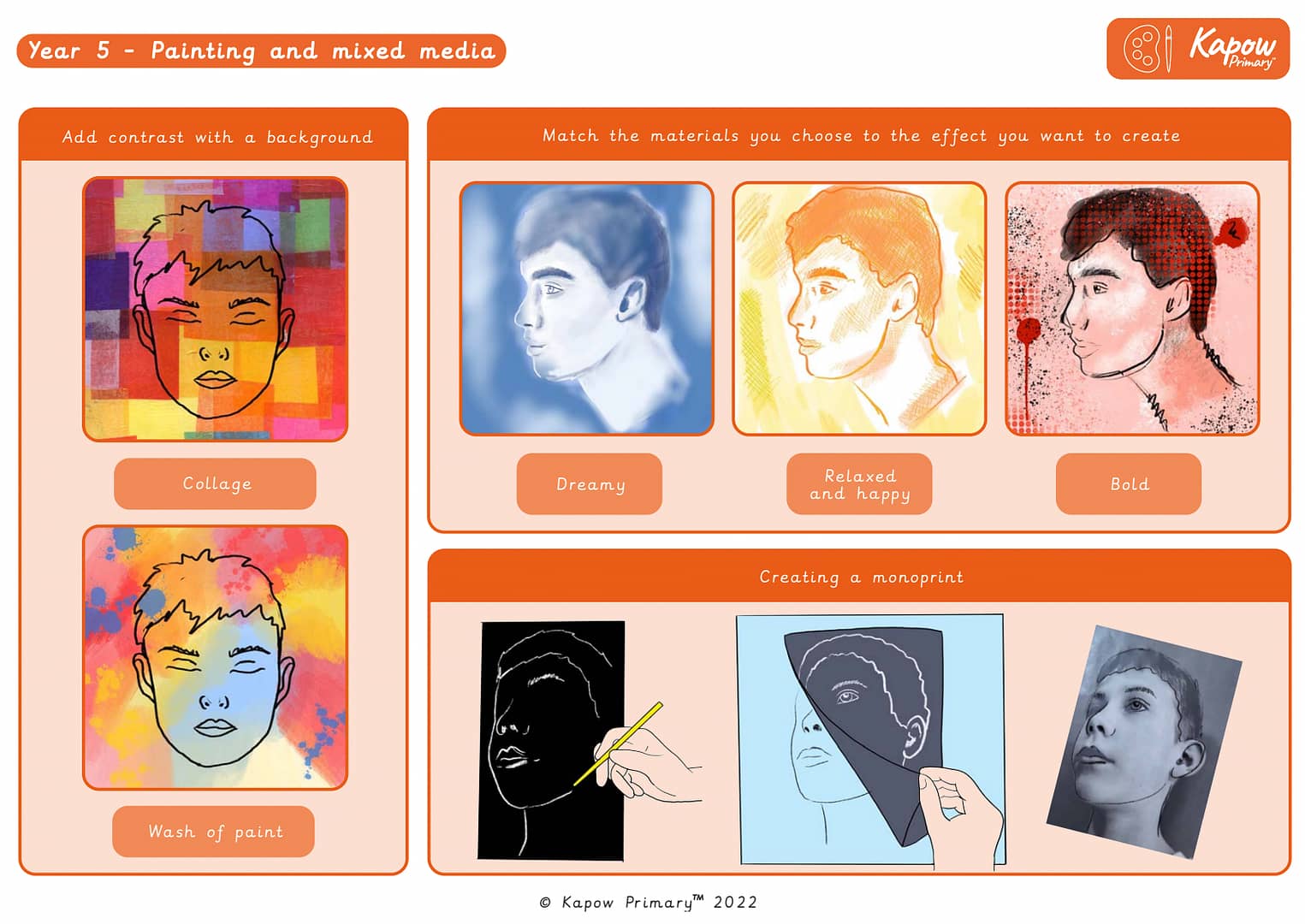
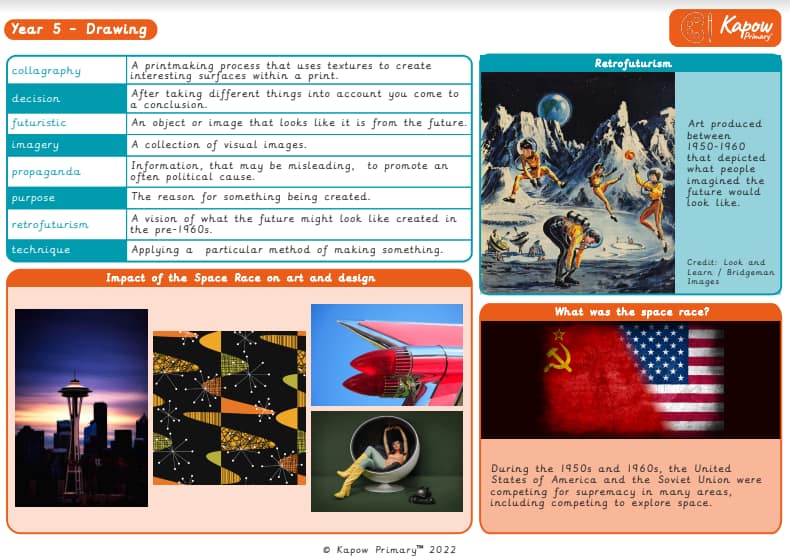
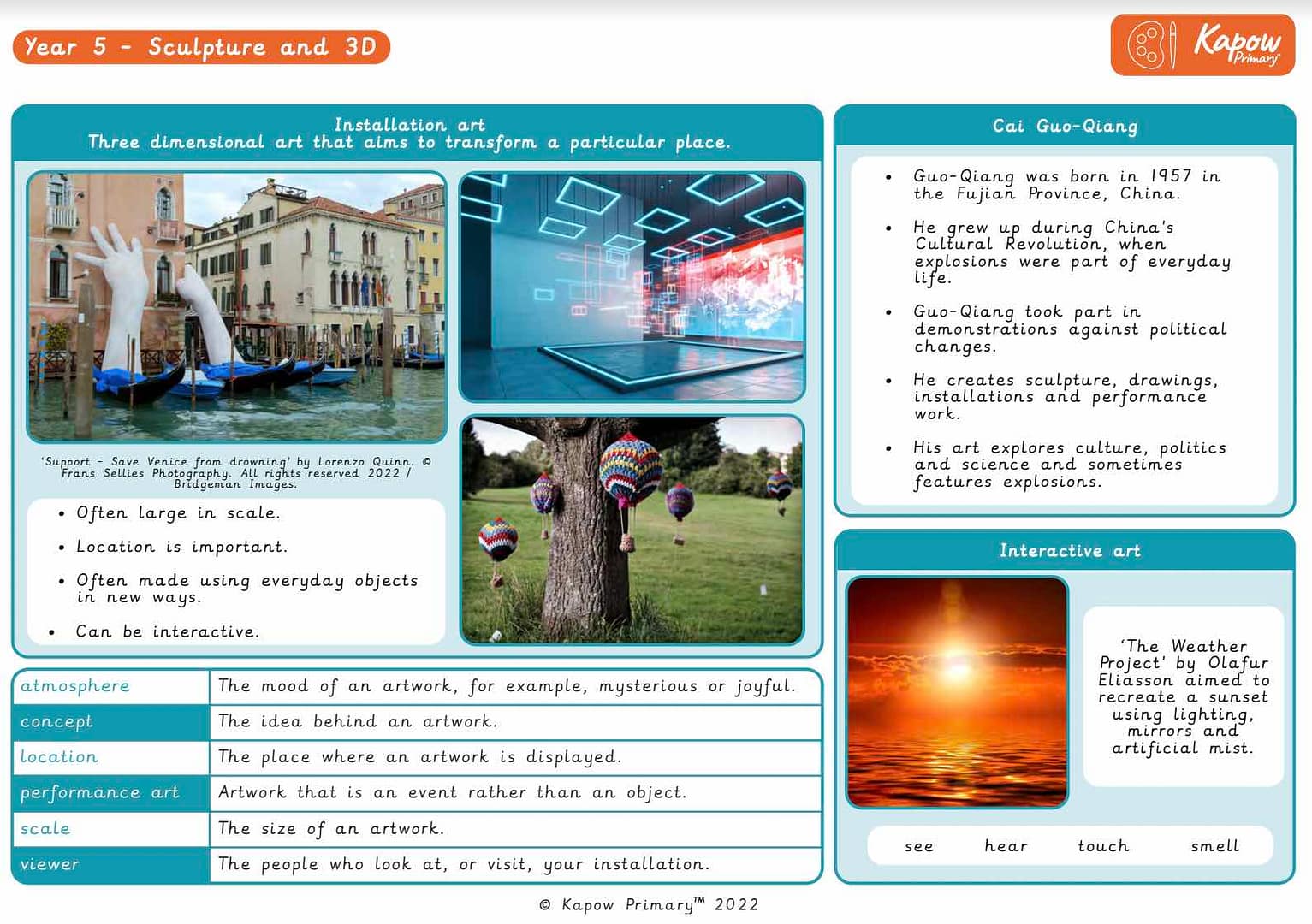
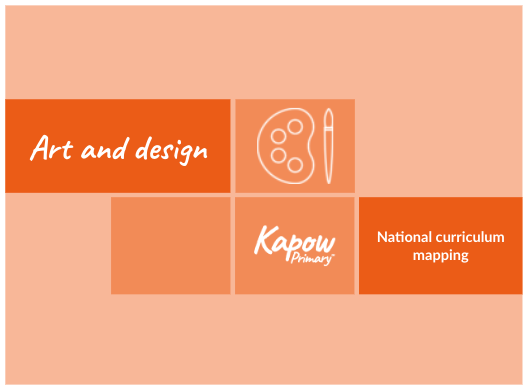
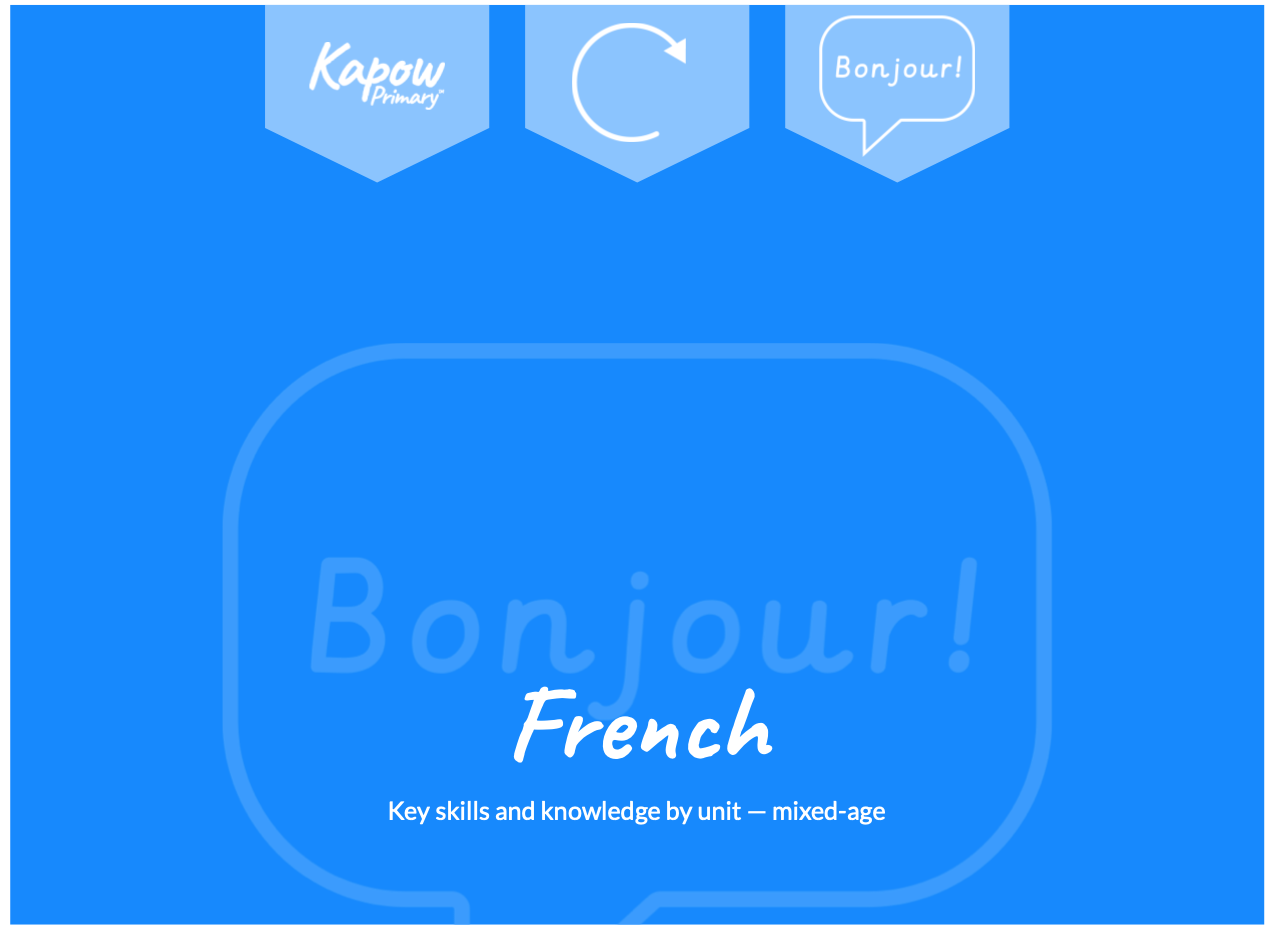
This document shows where each skill and knowledge statement is covered in the mixed-age primary French scheme of work. This information can also be found on the unit hub pages.
If you would like to see an overview of progression through the whole school for our mixed-age curriculum, then please see the French: Progression of skills and knowledge — mixed-age.
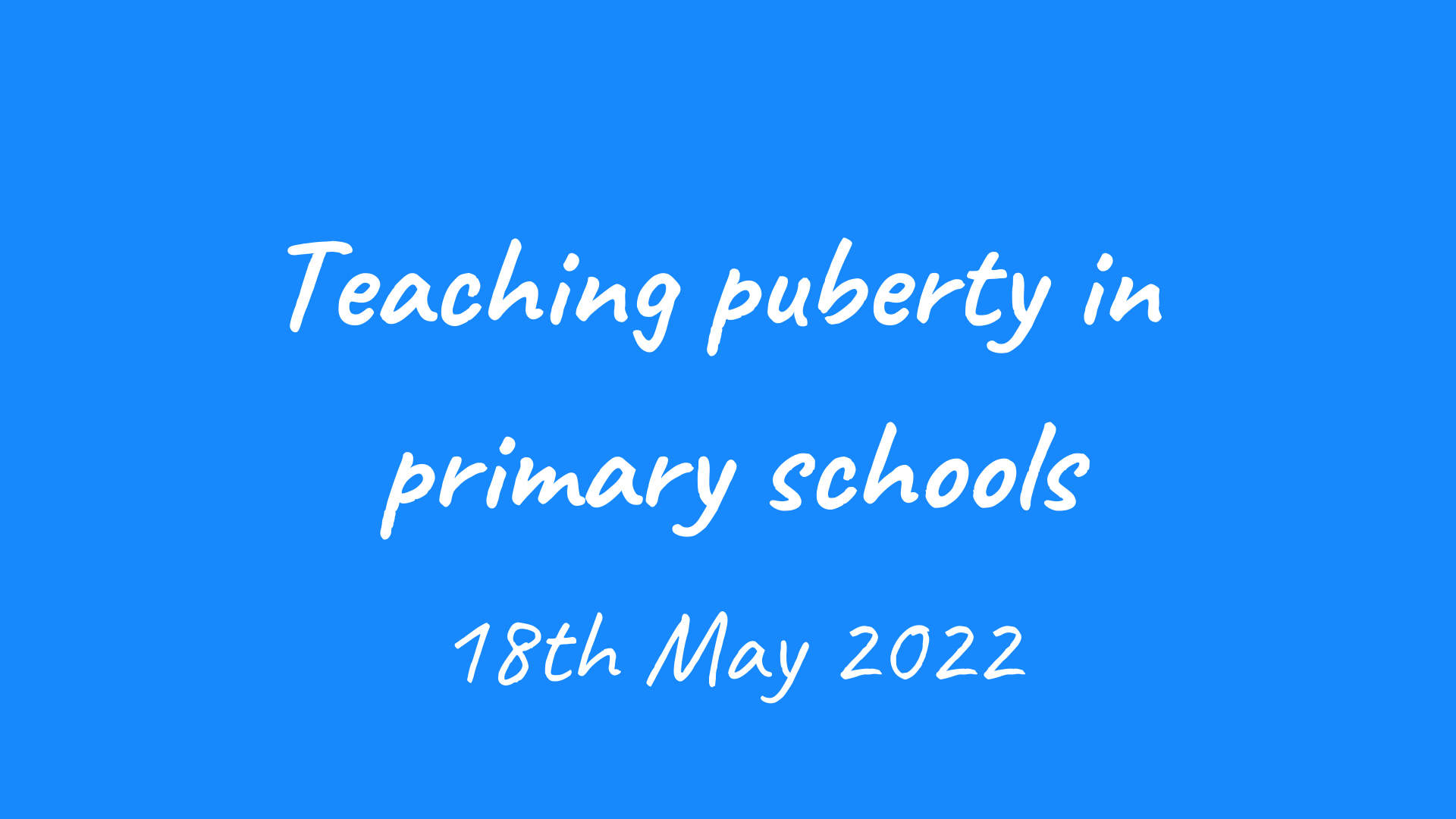
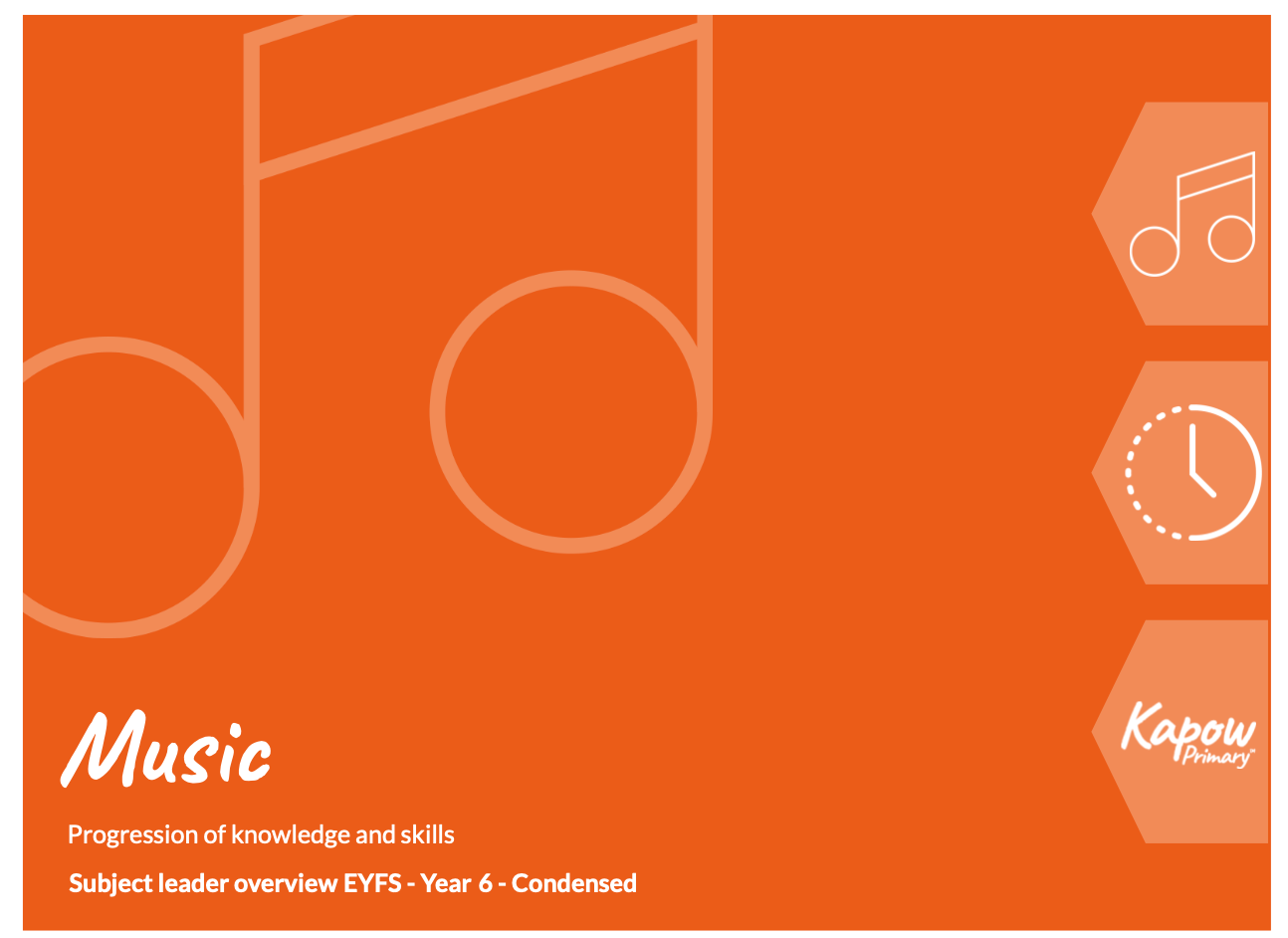
Please note this document has recently been updated to reflect changes to our long-term plan. See the Music: Long-term plan — condensed to find out more about these changes.
This document is to be used alongside our Music: Long-term plan — condensed version.
It shows the progression in skills across the Music scheme of work in the following strands: Listening and evaluating, Creating sound, Notation, Improvising and composing, and Performing. It covers:
EYFS (Reception) Music lesson plans
Key Stage 1 Music lesson plans
Lower Key Stage 2 lesson plans
Upper Key Stage 2 lesson plans
Please note that, whilst we have tried to get full coverage, the skills and knowledge covered in our condensed curriculum is not the full range of skills and knowledge, nor in the same depth you would find if following our standard Music: Long-term plan. This curriculum, does, however, ensure national curriculum coverage.
If you have enough time, we would recommend using our standard Music: Long-term plan and accompanying Progression of skills and knowledge document
If your school is following our Long-term plan — mixed-age for music, then please see the accompanying Progression of skills and knowledge — mixed-age.
If you would like to see the skills and knowledge covered in each unit, then please see our Music: Key skills and knowledge by unit.
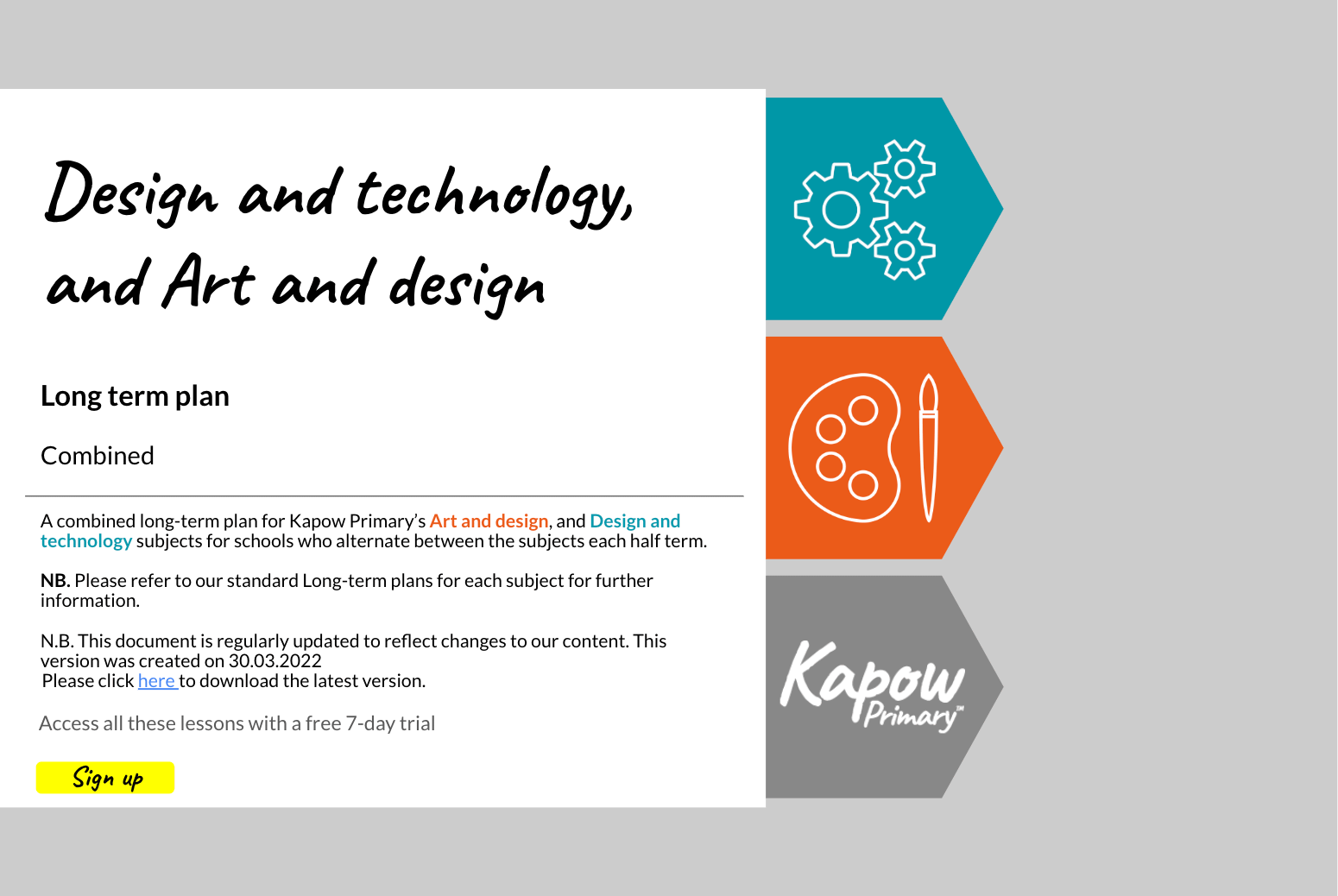
*Now updated to reflect our newly published Drawing units*
Here is a version of our Art and design (revised scheme) and Design and technology long-term planning for those schools that alternate between the subjects every half term.
Please note that schools must subscribe to both subjects to access all the units outlined in this plan.
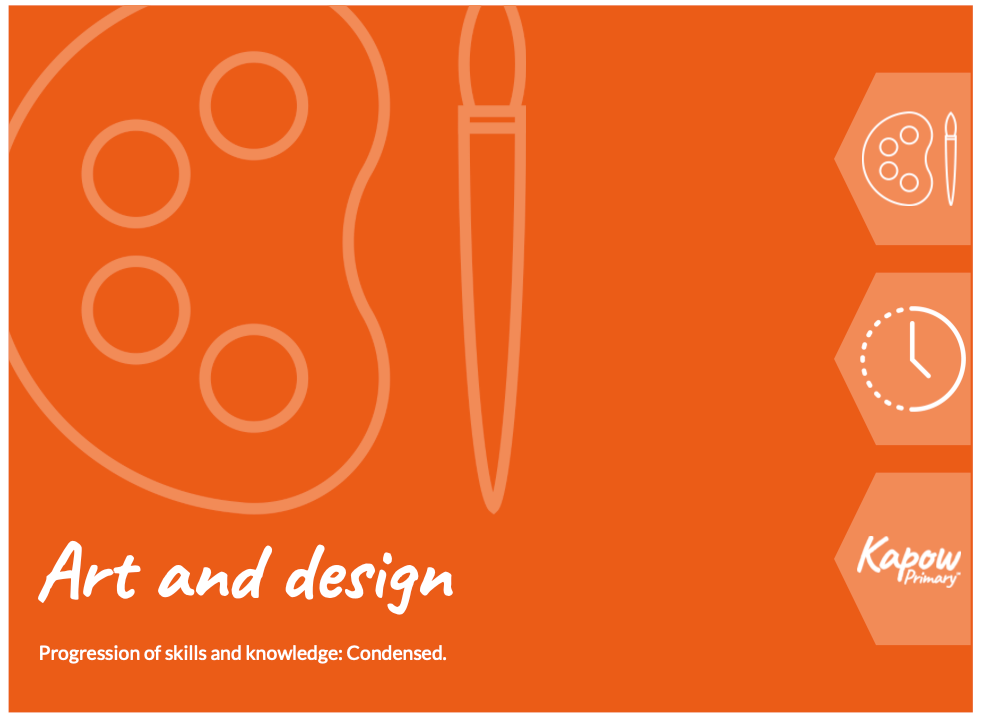
Perfect for schools with limited teaching time, this version of our Progression of skills and knowledge document accompanies our Art and design: Revised scheme long-term plan – condensed version.